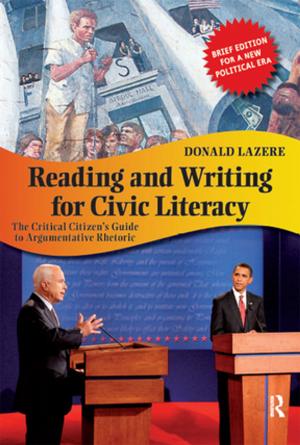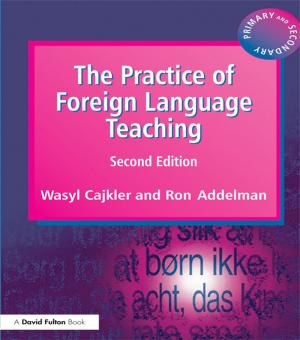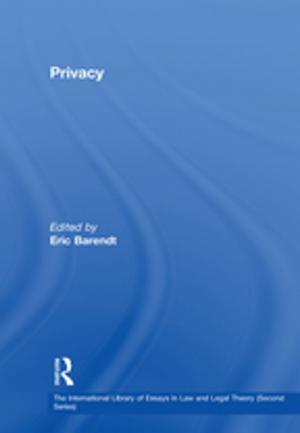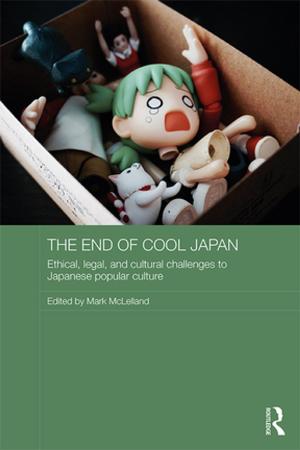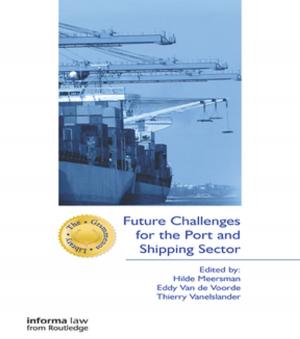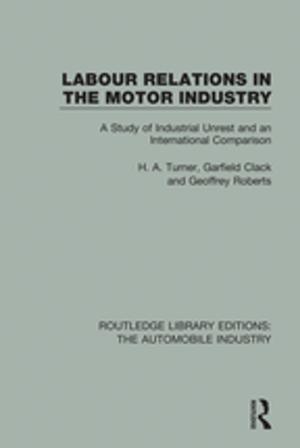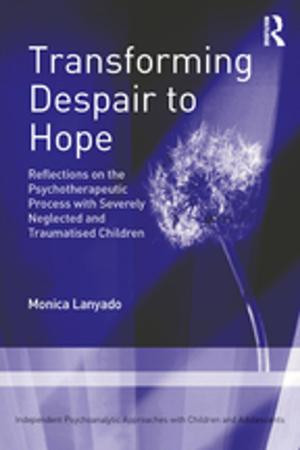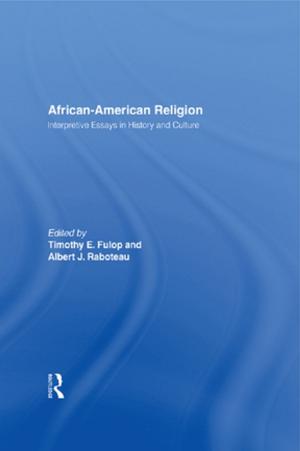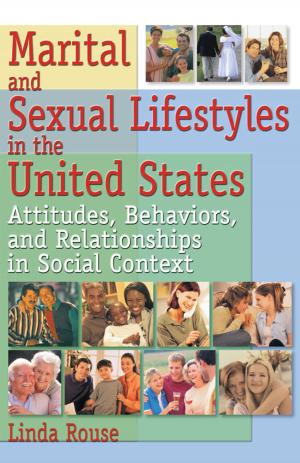| Author: | Felicity Rosslyn | ISBN: | 9781351749800 |
| Publisher: | Taylor and Francis | Publication: | February 6, 2018 |
| Imprint: | Routledge | Language: | English |
| Author: | Felicity Rosslyn |
| ISBN: | 9781351749800 |
| Publisher: | Taylor and Francis |
| Publication: | February 6, 2018 |
| Imprint: | Routledge |
| Language: | English |
This title was first published in 2000. This book offers a wide-ranging account of tragic drama from the Greeks to Arthur Miller. It puts forward a bold and vigorously developed argument about the recurrent concerns of tragedy, and proposes to uncover the archetypal tragic plot that emerges at key points of historical transition. It traces this plot through fascinatingly diverse formations on Athens, Renaissance England and the modern world, and offers detailed analysis of over twenty plays. The needs of the first-time reader are not forgotten, while challenging new light is thrown on each period. There is substantial discussion of Aeschylus, Sophocles, Euripedes, Marlowe, Shakespeare, Ibsen, Strindberg, Chekhov, Lorca and Miller, along with briefer consideration of the Senecan tradition, Yeats, Synge, O’Neill and T.S. Eliot. Felicity Rosslyn asks why tragic plays get written when they do, and why they so often dramatise the struggle to break the ties of blood for the bonds of law.
This title was first published in 2000. This book offers a wide-ranging account of tragic drama from the Greeks to Arthur Miller. It puts forward a bold and vigorously developed argument about the recurrent concerns of tragedy, and proposes to uncover the archetypal tragic plot that emerges at key points of historical transition. It traces this plot through fascinatingly diverse formations on Athens, Renaissance England and the modern world, and offers detailed analysis of over twenty plays. The needs of the first-time reader are not forgotten, while challenging new light is thrown on each period. There is substantial discussion of Aeschylus, Sophocles, Euripedes, Marlowe, Shakespeare, Ibsen, Strindberg, Chekhov, Lorca and Miller, along with briefer consideration of the Senecan tradition, Yeats, Synge, O’Neill and T.S. Eliot. Felicity Rosslyn asks why tragic plays get written when they do, and why they so often dramatise the struggle to break the ties of blood for the bonds of law.

